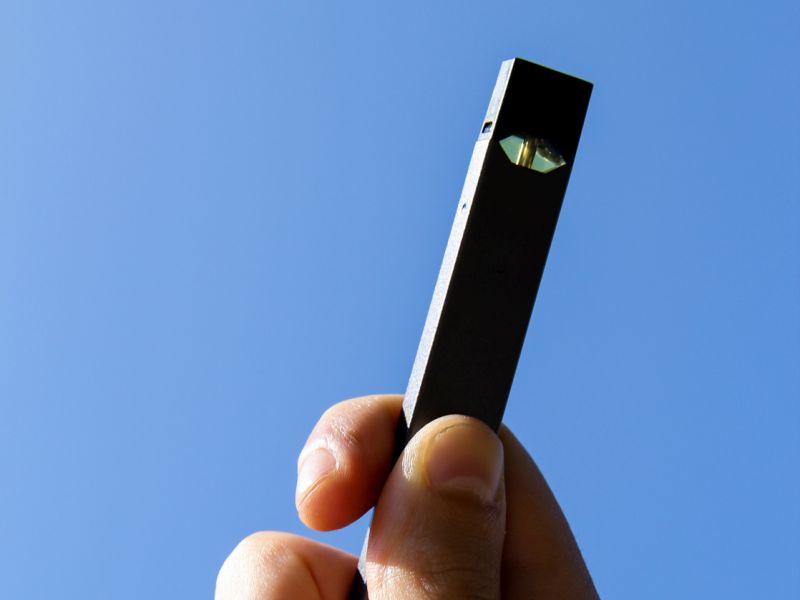
Although many restaurants, offices and even apartment buildings are smoke-free, American universities appear to be an exception. By 2017, only 1 in 6 had gone completely smoke-free or tobacco-free, a new study reveals. “Continued success in increasing the adoption of comprehensive smoke-free and tobacco-free protections at institutions of higher learning will strengthen smoking prevention among… read on >





























